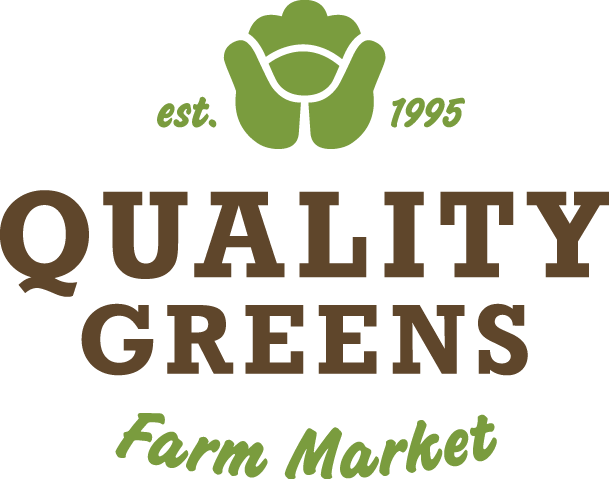
Long Term Health
September 2, 2020 by Lisa Aschenbrenner
Protecting your liver for long term health
Livers are really an unsung hero in our bodies. They are like the moms who continue to clean up messes without really a thank you or a nod. And we know we can make a pretty big mess in there sometimes.
For 24 hours a day, it never rests, as it is constantly filtering your blood, cleaning it, and releasing it back into the body. Like all filters it can get sluggish and not do a great job.
Many illnesses and diseases are caused by a sluggish liver. From symptoms like itchy skin and rashes, chronic fatigue, moodiness, elevated cholesterol levels and poor digestion, to diseases like fatty liver disease and cirrhosis, etc.
Alcohol, medication, toxins, pollutants, pathogens, viruses, bacteria, pesticides, herbicides, fungicides, as well as toxins in our personal cleaning products and soaps, are all things that the liver has to deal with and neutralizes them to make them less toxic in order to leave the body with the least amount of damage.
It is basically like a conveyor belt of everything we consume in foods and drinks, where your liver is tasked with analyzing to decide for each tiny piece if it is a good or bad particle.
The good stuff, such as nutrients and natural compounds, goes through and gets stored as a resource, to be used as needed and is very helpful.
The bad stuff, such as alcohol, drugs, and toxins, get put into a processing area to either be deactivated, or, if it is REALLY bad, it gets stored in the liver or in fat cells where it is hidden and can do the least amount of damage. However, there it stays, in your body, stored, waiting to be release when it is safe.
So, what can we do?
WIth over 2000 chemical functions that the liver does, it really should be an area that we look to support on a regular basis. If it is over worked it becomes sluggish and can’t do its job properly. Here are ways to help your liver do its job….
1.) Lessen the toxins coming in to reduce the work it needs to do. Again alcohol is a big one. Also sprayed produce add to our toxin load. Wash sprayed fruit and vegetables well by soaking in a sink with water and a few cups of vinegar for 10 minutes and then scrub. Or peel where you can. Buying organic can be helpful with the produce that is not easily washed or scrubbed.
The Dirty dozen and Clean 15 are lists that help to identify what produce tested to be the most toxic in sprays versus the cleanest ones. The idea is to focus on buying the dirty dozen as organic when you can. Those include strawberries, spinach, apples, grapes, peaches, nectarines, pears, tomatoes, celery, potatoes, sweet bell peppers.
2.) Support your liver with clean water, nutrient dense, especially sulphur rich, foods.
Apples and cucumber are nice examples of foods that provide hydrating water for your liver.
However, the super stars for liver are cruciferous and allium vegetables. Cruciferous is the family of sulphur rich foods like broccoli, cauliflower, brussels sprouts, cabbage, kale, arugula, bok choy, collard greens. With alliums, the onions and garlic benefits include selenium which is an incredible liver detoxifier.
Basically your liver loves bitter foods.
Broccoli sprouts, or really any spouts, are powerhouses with a huge punch of nutrients in a small package. Broccoli sprouts are just more packed with sulphoraphane, which is very helpful for many health areas, especially liver support.
Additionally, berries and foods high in antioxidants reduces cellular damage. Beets and lemon are also high on the liver loving list.
Really you can find most produce has some liver benefits, but the above listed ones are the biggies.
So grab some fresh squeezed lemon into a full glass of water first thing in the morning, add a handful of berries to breakfast, include kale and spinach in your salad at lunch, and double your onions and garlic in your chilli or soups for dinner, and you are a liver supporting machine!
You can find a vast amount of liver living foods at your local Quality Greens markets.
Have a great week,
Lisa.

